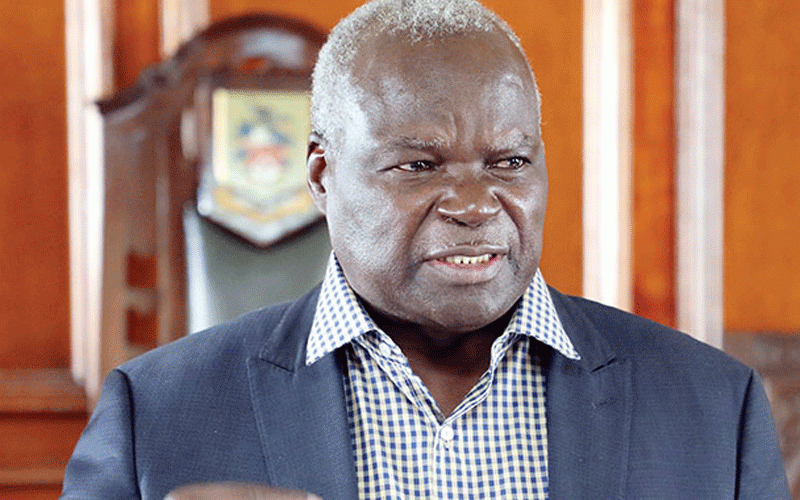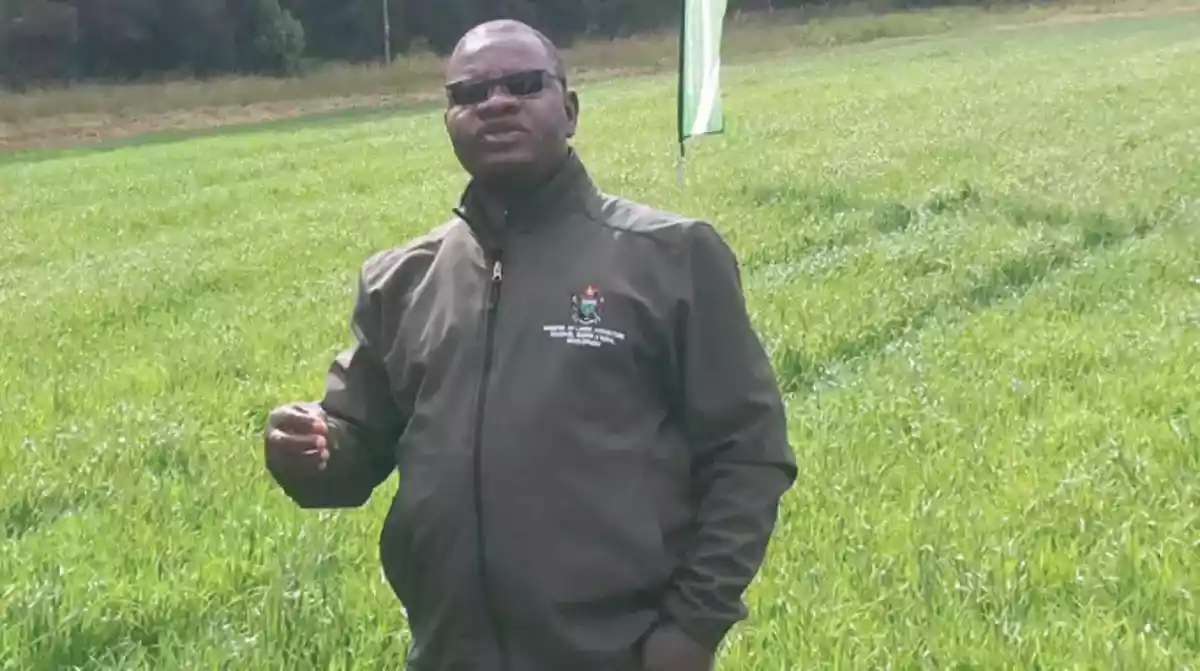
GOVERNMENT says it will commence food distribution to 2,7 million people who are food insecure starting with the most affected households.
The programme will run till March.
Speaking at a Press conference in Harare yesterday, Social Welfare minister July Moyo said government was jointly working with the World Food Programme (WFP), with the Emmerson Mnangagwa-run administration covering 56 districts, while WFP will cover four districts of Buhera, Mangwe, Mwenezi and Chivi.
“Therefore, during the peak hunger period, between January and March 2024, it was projected that about 2 715 717 people would be in need of food assistance. The provinces with the highest food insecurity levels are Matabeleland North (42%) down from 58% from the previous year, Mashonaland Central (31%) and Masvingo province (30%),” Moyo said.
“The most affected districts being Binga (62%), Kariba (60%), Mt Darwin (57%), Umguza (54%), Mbire (53%) and Mangwe (50%).”
Zimbabwe Livelihood Assessment Committee Report of 2023 revealed that the number of food insecure people in Zimbabwe for the 2023/24 season stood at 26% of the country’s 16 million population.
“The ministry requires 71 570mt [metric tonnes] of cereal to cater for the three months. A total of ZWL$43,7 billion is required for the three months to cover costs of registration of beneficiaries, grain transportation and distribution,” the minister said.
Moyo said government had also put in place measures to counter the effects of the El Niño weather phenomenon expected to affect much of southern Africa where drought conditions have been predicted.
- News in depth: 'The untouchables': July Moyo gives tycoon, associates 'immunity' from prosecution
- Gurewamukuru legend buried in Musana
- Minister dragged to court over chieftainship
- Editorial Comment: Moyo not protecting residents’ interests
Keep Reading
“The introduction of the drought-tolerant crops that are distributed under the Presidential input scheme can help mitigate the drought effects. Communities in drought areas are encouraged to plant drought-resistant crops.
“In addition, the government encourages households to practice the Pfumvudza/Intwasa concept, which tends to be producing good results. The government also has projects that can also improve the food security of households. These include resuscitation of irrigation schemes, drilling of boreholes, community gardens and income generating projects,” Moyo added.










